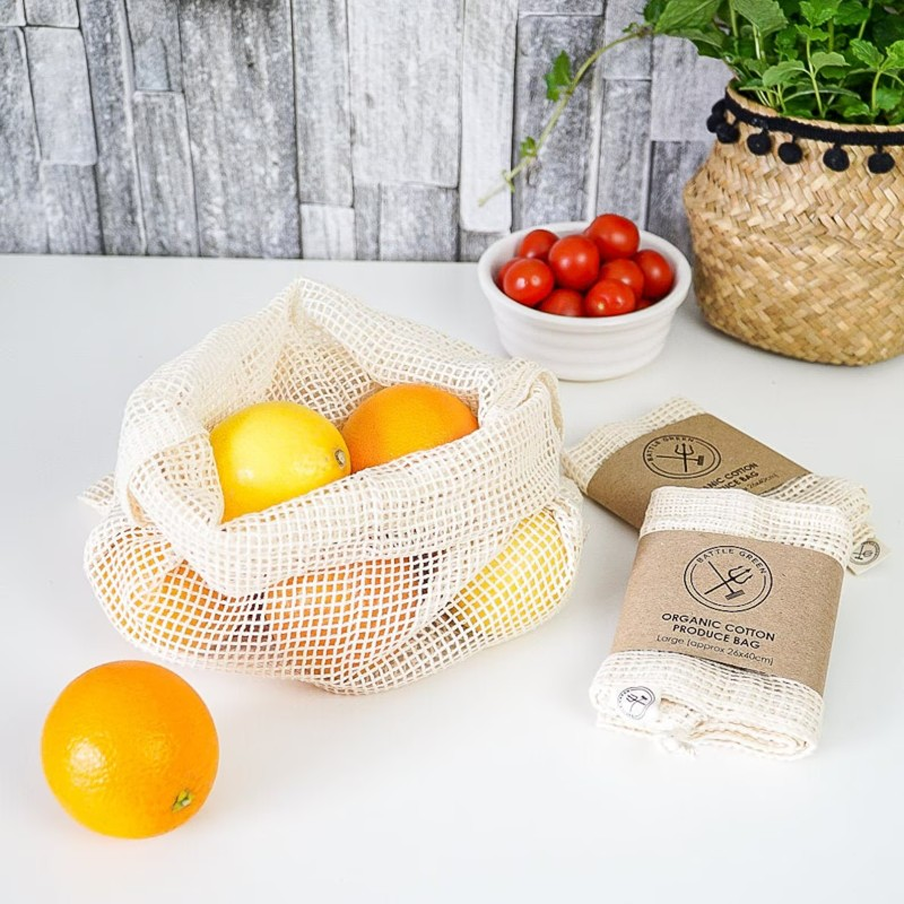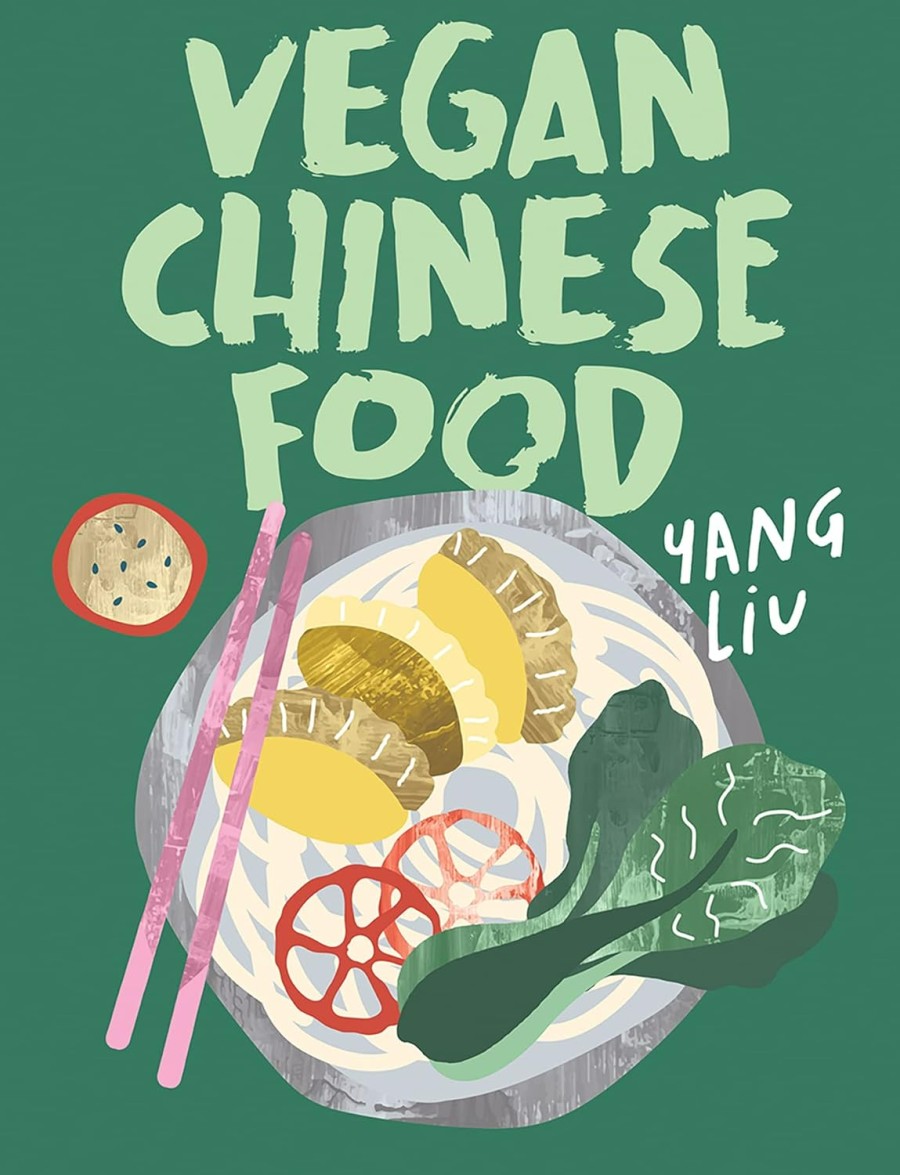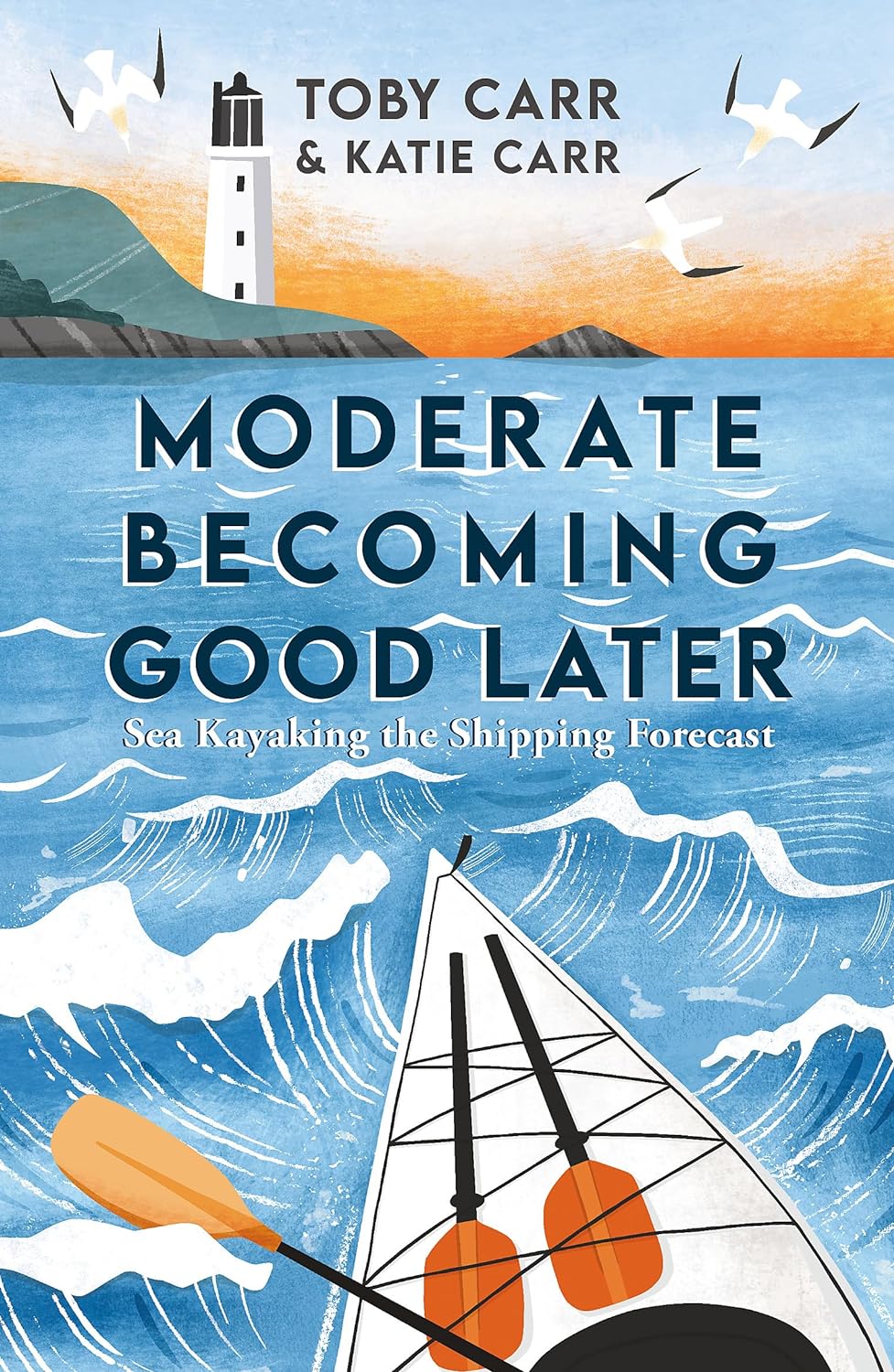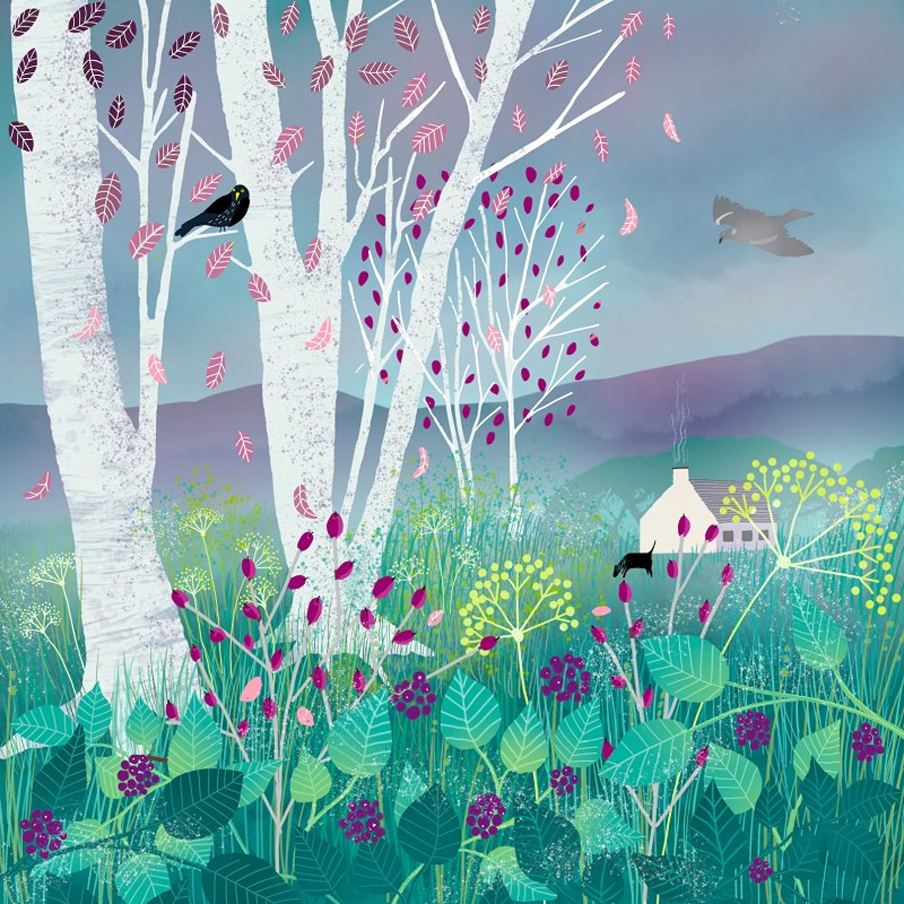
The Orchard Project is a nationwide charity run by experts, to help local communities plant new organic fruit orchards, and restore neglected heritage orchards, so everyone (regardless of income) is within walking distance of free fresh food in the form of fruit and nut trees. Due to supermarket domination and imports, many heritage fruits are now at risk of extinction, in urban areas where often we have ‘food deserts’ with no access to fresh affordable food.
Learn how to grow your own organic fruit trees. Learn how to make gardens safe for pets (plants, trees & mulch to avoid), use humane slug/snail deterrence & wildlife-friendly netting alternatives (most netting is larger than recommended gaps, which traps birds/wildlife). Also know trees to avoid near horses (including yew & oak).
80% of England’s orchards have been lost in the last few decades, yet most fruits in supermarkets are imported (rock hard pears and shiny apples coated in shellac – dead insects – to make them look shiny). Recently, England’s second-oldest pear tree in Worcestershire, was torn down to make way for the disastrous and unnecessary high-speed HS2 project. And supermarkets won’t sell our heritage fruits like medlar (tastes like a blend of apple, apricot and date).
Designed to make a serious contribution to changing our food systems, The Orchard Project’s community groups come together to create and restore orchards, which also uses leftover fruits to make community fruit juice and craft cider. And also has knock-on benefits by providing food and pollination for wildlife (sunlight between trees also helps butterflies to grow their muscles). And trees help to prevent climate change and floods, and reduce heat island effect for cities. Even small areas can benefit, by planting dwarf fruit trees.
The site has useful guides on everything from knowing which fruit trees to plant and when, to knowing how to graft and prune trees. It recently completed a three-year project to restore 30 old orchards in London (helping to restore rare apple varieties) and even when the trees no longer produce fruit, dead or decaying wood offers hollow trunks for birds and bats to make nests. The Orchard Project has also installed wildlife-friendly features like edible hedgerows, ponds, stonewalls for insects, bog gardens, bird boxes and no-dig raised beds.
Local people can find an orchard mentor to share their knowledge, and you can also find lesson plans for schools. Gardeners can take their course in Certificate in Community Orcharding (London, Bristol, Scotland or online). Ideal for anyone who wishes to work in horticulture, it covers tree planting/grafting/pruning, site survey & orchard design, plus caring for veteran and community orchards.
what we can do to preserve our orchards
People’s Trust for Endangered Species does wonderful work to help restore heritage orchards, and has practical guides (including how to save a faleln tree). Their tips for anyone with an orchard include:
- Plant new trees alongside restoring old trees, as all trees in orchards will eventually die (but disperse seeds and provide old logs for birds, insects and wildlife to nest and hibernate). Even trees with dead/decaying wood may still produce fruit for several years.
- Leave log piles as they are, as they attract rodents (which owls can eat) and also offer over-wintering for hedgehogs, beetles, frogs and toads. Windfallen fruit also offers great food for local creatures. Stagger mowing, to protect flower seeds in longer grass.
how well-managed orchards benefit nature
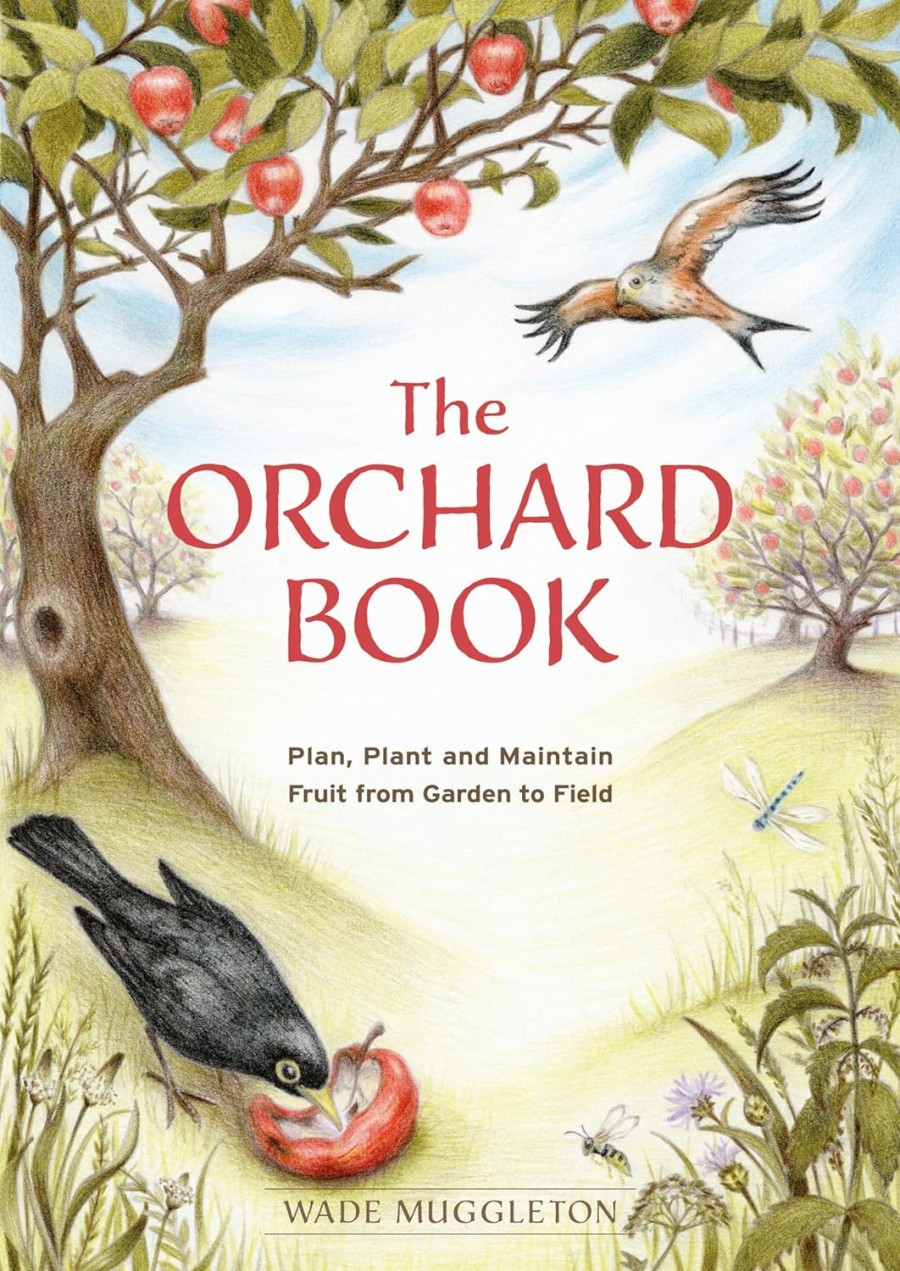
The Orchard Book is a book on how orchards work with nature, to provide maximum harvest for minimal effort. Wade Muggleton distills 20 years of orchard knowledge into a practical handbook to help you plan, plant and manage your orchard, whatever your size and budget.
The book covers rootstocks and fruit varieties, planting plans and pruning, harvesting, storing and how to preserve your harvest. Let him draw you into a world of apples and pears, walnuts and cobnuts, cherries and plums, and learn about ancient orchard fruits like quince, medlar and mulberry as well as more familiar fruits like apricots, figs and peaches. Enjoy organc fruit all year round, from your own little nature haven.

